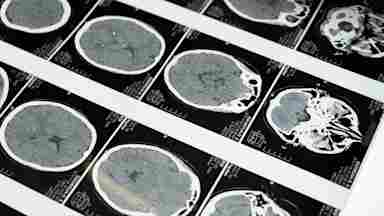A recent NIDA-supported study underlies the fact that drugs used in combination can produce effects that differ from the sum of the drugs' individual effects.
Researchers showed that users of either nicotine or cannabis had reduced connectivity in several brain networks, but that users of both drugs had connectivity similar to that of users of neither.- Adding to research showing that nicotine and cannabis have interactive effects on brain structure and function.
- Suggesting specialized treatment interventions may be appropriate for people who use both drugs.


